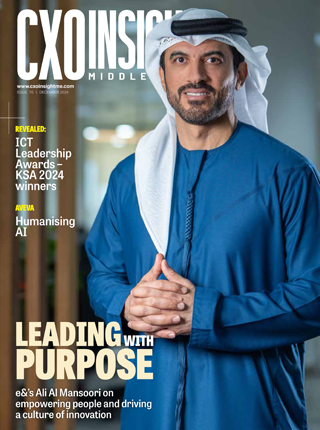Endava, a leading next-generation technology service provider, has released new research showing how businesses across the world are using the lessons they learned during the COVID-19 pandemic to shape their approach to ongoing digital adoption. Endava’s research encompassed senior business leaders and IT decision makers from the US, UK, Germany, Nordics, Australia, and Singapore, representing a wide range of industries.
The fast, agile approach taken during the pandemic is set to last

The senior personnel surveyed overwhelmingly indicated that the pandemic had exposed issues with their technology. In fact, 87% had to move fast to accelerate digital deployments and 99% admitted that there had been room for improvement in their preparedness. This meant they had to take a quick, iterative approach to adapt to the ‘new normal’. This approach of operating on short deadlines to meet immediate challenges proved surprisingly effective. As a result, 84% of organisations reported that elements of their digital adoption were accelerated by as much as ten years because of the rapid technology pivots they made.
John Cotterell, CEO at Endava said, “COVID-19 showed global organisations that there’s a real need to be flexible and fast when creating and implementing digital strategies. Operating environments changed almost overnight and companies needed to be quick to adapt and implement new technology to solve emergent issues. This digital acceleration approach was validated during the pandemic. It’s important that businesses keep pace with the evolution of technology to allow them to not only follow their own digital adoption strategies, but also have the ability to react to unforeseen issues.”
Digital acceleration is the new normal with budgets on the rise and appetite for change
This process of iterative digital acceleration is set to continue. Of the companies surveyed, 92% said they have increased budget for digital adoption and 88% are putting in place improvement programmes to respond to vulnerabilities. Additionally, 95% will be investing more to develop the skills they need to improve their digital capabilities. Respondents also outlined their optimal approach to these improvements, placing a 70% short-term and 30% long-term weighting to delivery. This weighting is well-suited to digital acceleration, which can be agile and swift, rather than the traditional digital transformation approach which, once underway, can be very difficult to steer to avoid issues.
Cotterell continued, “It’s encouraging to see the number of companies that now understand the benefits of a more fast-moving approach to their technology and are putting money behind it. The challenge now will be for them to take stock after the speed of the pandemic and make sure they’re really embracing a strategic digital acceleration. They must be prepared to build on what they have and get ready for continuous change and improvements. Placing the user at the centre of this journey will be key for those companies that are looking to ensure they stay at the forefront of their industries. Changes must be carefully considered to improve services and offerings, innovating iteratively, rather than seeking to replace.”
Careful integration of new technologies
Endava’s research also showed that organisations are also looking to the future, considering the best new technologies to layer into their existing solutions. Not surprisingly, cloud optimisation ranked highly, with AI also front of mind. Exciting new concepts such as the metaverse were also popular among respondents.










Discussion about this post